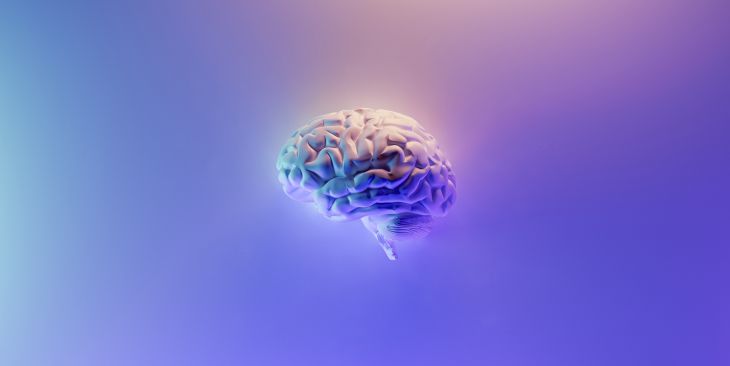Scientists from the University of Sydney’s Charles Perkins Centre and the School of Life and Environmental Sciences have shown that a new RNA-targeted therapy can halt the progression of a specific type of childhood dementia in mice and holds potential to reverse some of the detrimental effects of this rare disease.
Aicardi-Goutières Syndrome (AGS) is among the more than 100 rare neurodegenerative genetic disorders identified as causing childhood dementia. A few thousand worldwide, including several in Australia, have AGS.
The underlying cause of AGS is interferon, the body’s own defence against infection. In AGS, excessive production of interferon in the brain leads to neuroinflammation and neurodegeneration.
Although many newborns with AGS show no symptoms, they typically develop severe neurological issues and lifelong physical impairments within the first two years of life.
With no cure currently available, existing treatments for AGS focus on symptom management. The urgent need for an effective therapeutic approach has prompted researchers to explore innovative solutions.
The new approach targets the interferon alpha receptor using antisense oligonucleotides. These therapies are designed to seek out, bind to, and degrade messenger RNA (mRNA) in a highly specific manner, reducing the amount of disease-causing protein. Antisense oligonucleotide therapies have shown potential in treating various neurological diseases, including SOD1-dependent ALS, a fatal motor neuron disease.
In a study, published in The Journal of Clinical Investigation, researchers found that when mice received the treatment directly into their central nervous system, it significantly reduced the interferon response in the brain, reducing both neuroinflammation and neuronal damage and restored the integrity of the blood-brain barrier.
Dr. Barney Viengkhou, lead author of the new paper, stated, “The fact that we observed the treatment’s effectiveness in halting and even reversing some neuropathological features in older mice with more advanced disease is particularly exciting.”
Patrick Winters, Research Director of the Aicardi-Goutières Syndrome Advocacy Association (AGSAA), expressed his enthusiasm for the findings, saying, “As a passionate advocate for Aicardi-Goutières syndrome, I celebrate the findings in this study. This new drug therapy offers real hope for managing this disease effectively. It’s a potential breakthrough that may lighten the burden for those battling this rare and serious condition. This discovery signals a brighter future for AGS.”







